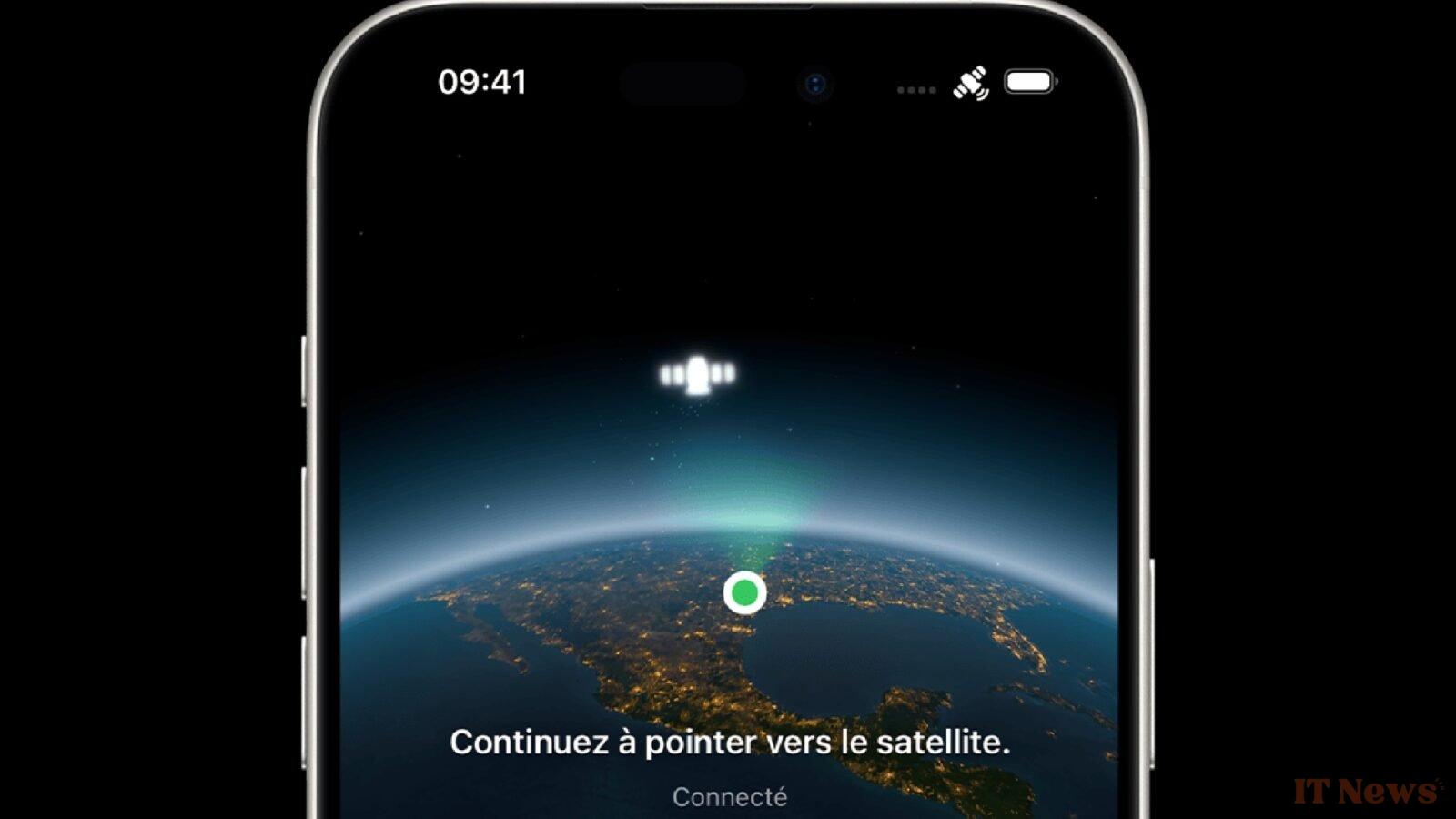Since at least 2015, Apple has been considering investing in satellite telecommunications. The computer manufacturer had previously discussed a rather ambitious "Eagle Project" with Boeing. At the time, the idea was to create a satellite internet access service for the iPhone and for the home.
Elon Musk's Grudge
A year later, Tim Cook canceled the project, as The Information points out. The fear was that it would compromise Apple's relationship with the telecom industry. Carriers are essential partners for selling the iPhone, and the smartphone needs carrier networks to function. But as early as 2018, conversations began between Apple and OneWeb (and other satellite providers) to invest in satellite internet access services.
The staggering cost put forward by OneWeb—$30 to $40 billion!—and the same fears of having to meet regulatory obligations led telephone operators to once again put an end to this project. OneWeb went bankrupt in 2020. But the idea of exploiting satellites continued to gain ground at Apple.
In early 2022, Apple and Globalstar sealed their partnership, announcing a $450 million investment in the US industry, a large portion of which was for the satellite network. But on a whim, Elon Musk came knocking on Cupertino's door in the summer of that same year, with a deal under his arm.
The SpaceX boss reportedly offered Apple an exclusive use agreement for the Starlink network for 18 months, with the manufacturer paying the modest sum of $5 billion. After that, $1 billion would have to be paid annually. Elon Musk gave Apple a 72-hour ultimatum, threatening to launch a competing network if the manufacturer rejected the proposal... which it did.
In August 2022, SpaceX and T-Mobile unveiled their partnership for satellite messages, via Starlink of course. This announcement came two weeks before the unveiling of the iPhone 14, which included the new (free!) satellite emergency calling feature. It's becoming the flagship feature of this generation, while there's nothing equivalent on Android.
With grudges still lingering, Elon Musk and SpaceX are doing everything they can to slow Globalstar's progress by filing challenges and appeals against the satellite network expansion requests with the US regulator. Since then, Starlink has finally made its appearance in the iPhone, with the (discreet) activation of the satellite phone service last January. And the T-Mobile service, still in beta, is expected to officially launch in July.
But tensions are far from over between Apple and SpaceX/Starlink. Elon Musk is reportedly frustrated by the fact that older iPhones don't have access to this technology, while the company is making satellite connectivity a selling point for its newer models. It remains to be seen whether this feature, which has been enhanced over time, will remain in place indefinitely, and at what cost.
Because satellite emergency calls remain free today. If Apple were to charge for the service, the company would be moving a little too dangerously close to becoming a telecom operator, with the associated obligations. Internally, some executives, such as the software company's chief executive, Craig Federighi, are reportedly advocating for abandoning this feature and opening the iPhone to competition from other satellite networks.
Source: The Information



0 Comments